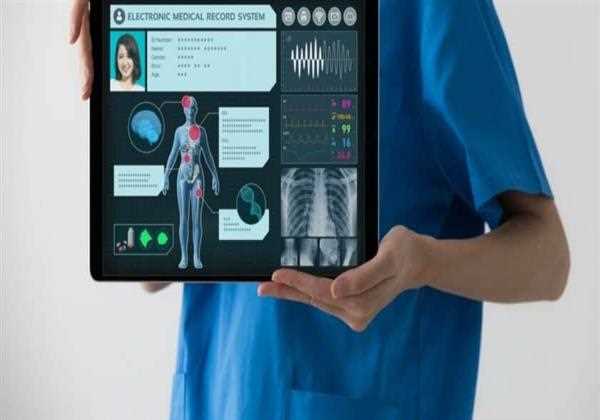Electronic health records (EHRs) are an integral part of modern healthcare. EHRs are digital health records that can be securely accessed and shared by clinicians, patients, and other healthcare providers. These records enable healthcare providers to quickly access patient information, improve the accuracy of diagnoses, and enable better communication between patients and their care teams.
The use of EHRs is growing rapidly in the healthcare industry and has many benefits for both healthcare providers and patients.
Here are 4 benefits of using electronic health records:
1. Improved Accessibility: Electronic health records provide quick and easy access to a patient's health information, no matter where they are located. This makes it easier to provide care to multiple patients at one time, as well as provide continuity of care between healthcare providers.

2. Enhanced Data Security: Electronic health records are encrypted and stored in secure databases, making them more secure than paper records. This helps to protect sensitive patient information and prevents unauthorized access.
3. Improved Efficiency: By eliminating the need to manually enter data into paper records, EHRs can save healthcare providers time and effort. This makes it easier to track patient information and provide quality care.
4. Increased Accuracy: With EHRs, healthcare providers are less likely to make errors when entering patient information. This leads to fewer misdiagnoses and potential medical errors, which can improve patient outcomes.
EHRs are becoming an integral part of healthcare today and for good reason. The use of electronic health records can help improve the quality of care provided, reduce errors, and save time and money. So if you’re looking to improve the way you manage patient information, consider implementing an EHR system into your practice.